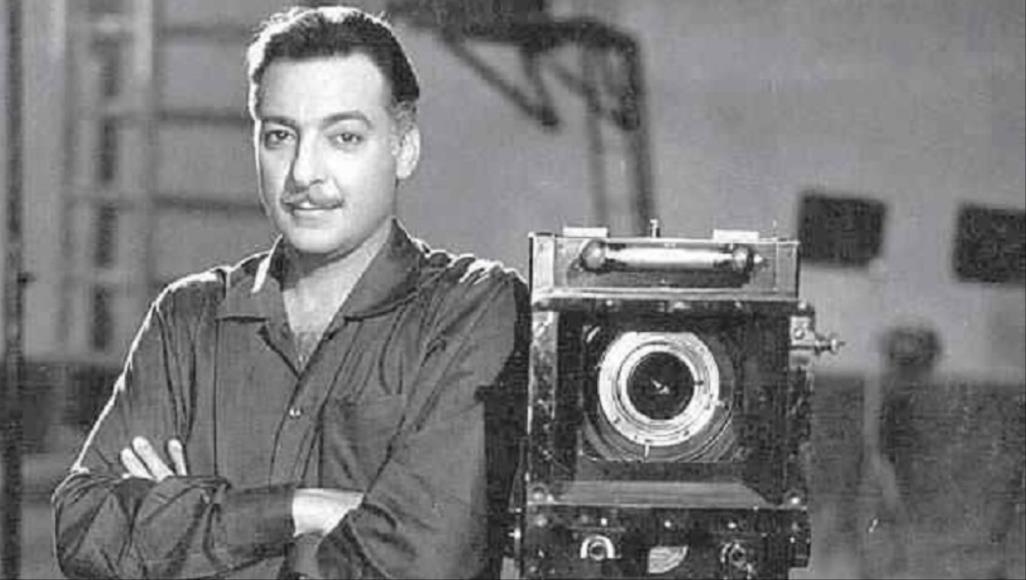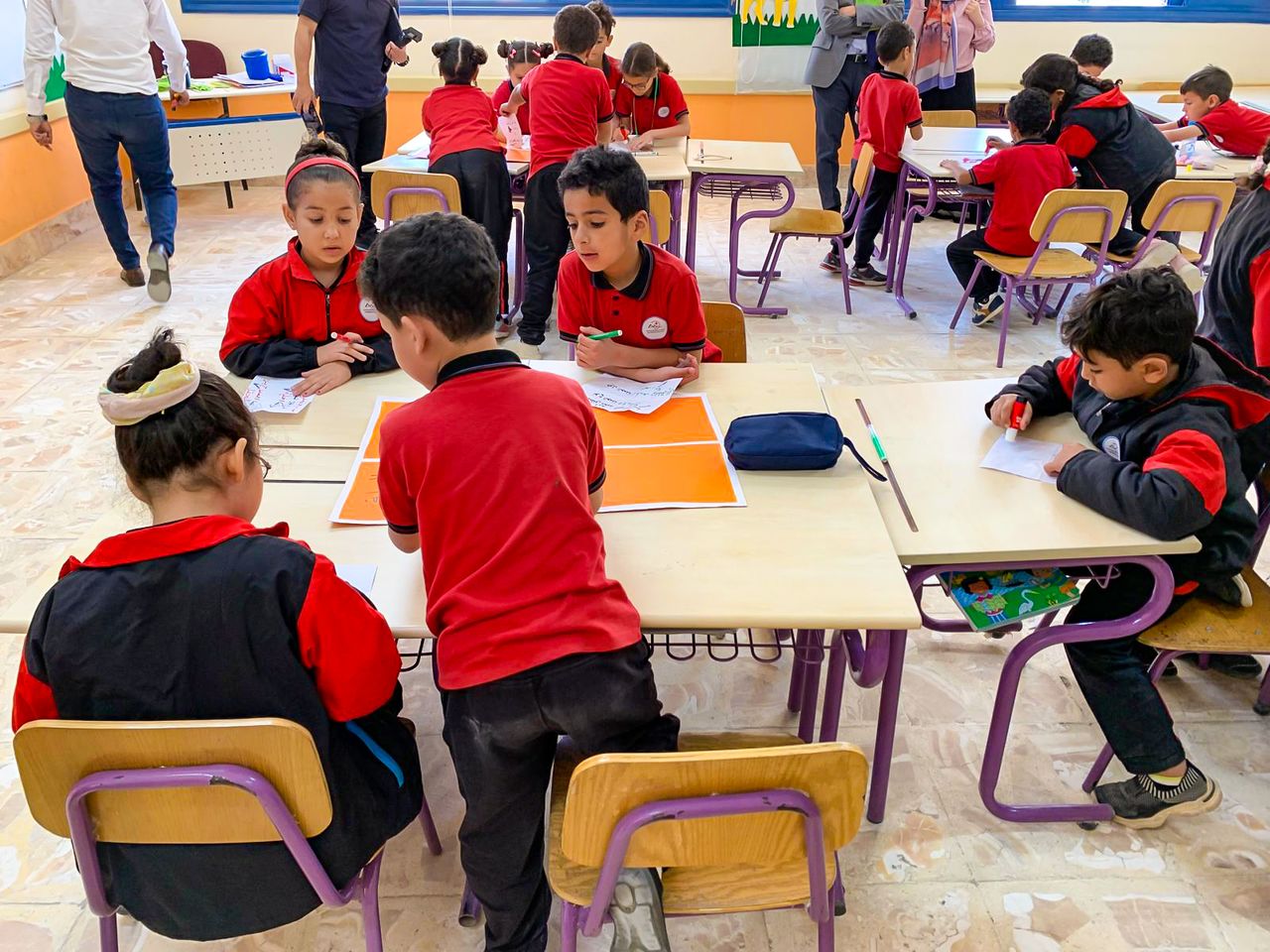Every year since the end of World War II, a fresh talent has captivated Egyptian cinema audiences, contributing to the nation’s rich film heritage. Among these luminaries—Emad Hamdy in Dayman Fe Alby (Always in My Heart, 1946), Farid Shawqi in Malak El Rahma (Angel of Mercy, 1946), Kamal El-Shennawi in Ghani Harb (War Profiteer, 1947), and Shoukry Sarhan in Nadia (1949)—Rushdy Abaza emerged as the leading man in El-Millionira El Saghyera (The Small Millionaire, 1948) directed by Kamal Barakat. Though not particularly distinguished, this film marked the beginning of Abaza’s remarkable journey in Egyptian cinema.
Born on 3 August 1927, to an Italian mother, Tereza Luigi, and an Egyptian father who was a police officer, he graduated from St. Marc College in Alexandria but did not finish his university education. A significant milestone in his life came in 1948 when director Barakat noticed Abaza playing billiards at the Riviera Casino on Emad El-Din Street. Impressed by the 22-year-old, Barakat cast Abaza in the lead role of El-Millionira El-Soghira.
In the film, Abaza portrays a pilot who falls in love with a girl of Turkish origin, navigating the challenges that stand in their way. His handsomeness, athletic build, charisma, and acting skills were immediately apparent, setting him apart from his contemporaries. However, Abaza’s initial three films—Zou el Waghan (The Man with Two Faces,1949), Amina (1949), and Emraa Menn Nar (Woman of Fire,1950)—failed to make a significant impact.
Undeterred, and fluent in five languages, Abaza moved to Italy to pursue international stardom, appearing in several films including ‘The 10 Commandments’ (1956). However, this venture was a relative setback. Upon his return to Egypt in the mid-1950s, Abaza found that his peers had advanced their careers in his absence. While he was abroad, actors like Shoukry Sarhan, Farid Shawqi, and Kamal El-Shennawi had taken on significant roles, cementing their status in the industry.
Abaza’s comeback began with El Osta Hassan (Foreman Hassan, 1952), a role that marked his permanent return to Egypt. His true breakthrough came with Moamra (Conspiracy, 1953) by Kamal El-Sheikh, where he played a young man entangled in a couple’s life. This performance showcased his range and solidified his place in Egyptian cinema. Between 1954 and 1958, he appeared in 24 films, many of which are now considered classics. Notable examples include Gaaluni Mujriman (They Made Me a Criminal, 1954), Hayat Aw Maut (Life or Death, 1954), Mawad Gharam (Rendezvous,1956), Tamr Henna (Tamarind,1957), La Anam (Sleepless, 1957), ‘Sultan’ (1958), and Djamilah (Beautiful, 1958).
Although these films were significant to Arab cinema, Abaza often played secondary and supporting roles. However, these roles allowed him to display his versatility, portraying a wide variety of characters—from villains to light-hearted young men to loyal friends. Abaza needed a director who believed in his abilities and could push him toward leading roles. This director was Ezzeddine Zulfikar, who first worked with Abaza in Eny Rahela (I Am Departing, 1955). Zulfikar took Abaza under his wing and gradually cast him in more prominent roles, leading to Abaza’s starring roles in ‘Port Said’ (1957), Tareq El Amal (Way of Hope, 1957), and Emraa Fel Tareq (A Woman on the Road, 1958).
Abaza’s portrayal of Esmat Kazem in Zulfikar’s masterpiece El Ragel El Thany (The Second Man, 1959) was a turning point in his career. The film firmly placed Abaza’s name among the stars, showcasing his ability to elicit sympathy even as a villain. His performance, characterized by a spectacular presence and nuanced portrayal, was crucial to the film’s success.
Abaza’s talent extended to comedy under Fateen Abdel-Wahab’s direction in films like El Zawga El Talatasher (The Thirteenth Wife,1962), El Sahera El Saghyera (The Young Witch, 1963), and Arousas El Nile (The Nile Bride, 1964). In the 1970s, he continued to play supporting yet superb roles in important films such as Hekayty Ma El Zaman (My Story So Far, 1973), Ebay El Aziza (My Dear Daughter, 1971), and Ayn Akly (Where’s My Mind, 1974). One of his memorable works includes his portrayal of an abusive husband in Orid Halan (I Want A Solution, 1975) opposite Faten Hamama.
Over his 30-year career, Abaza married several famous Egyptian actresses, including Tahiya Karioka, Samia Gamal, and Lebanese singer Sabah. His long career ended abruptly with his last film, El Aqwya (The Strong People, 1980), which he did not complete and was screened two years after his death.
Abaza passed away on August 27, 1980, at the age of 53 after a battle with cancer. He is remembered across genres and generations as a versatile star, leaving an indelible mark on Egyptian cinema as an action star, villain, comedian, and romantic leading man.







Comments (0)